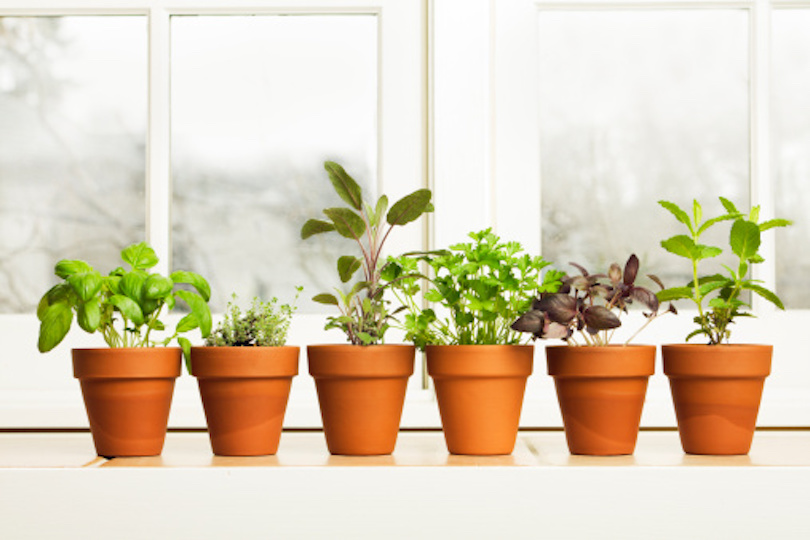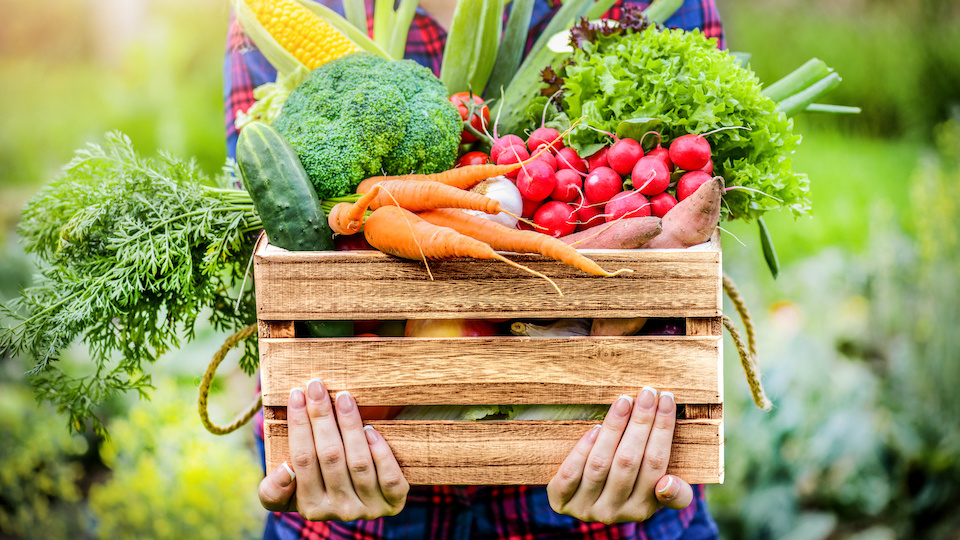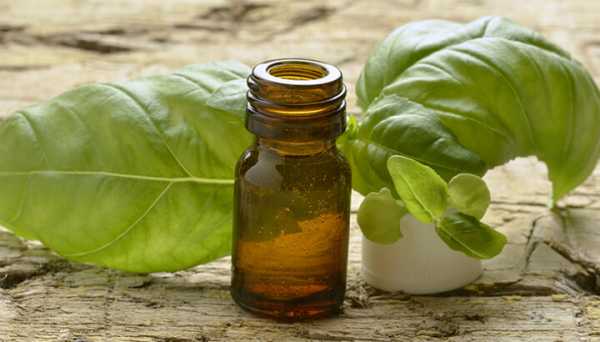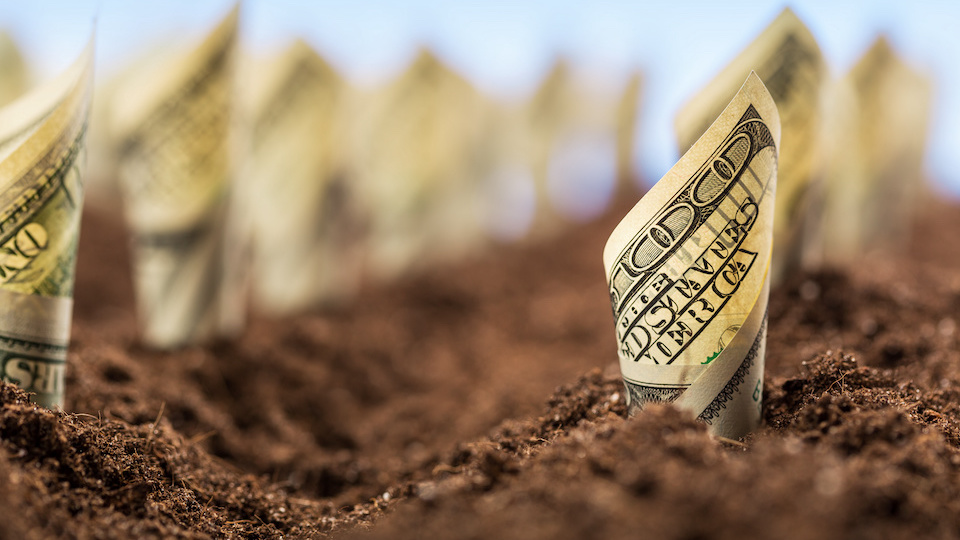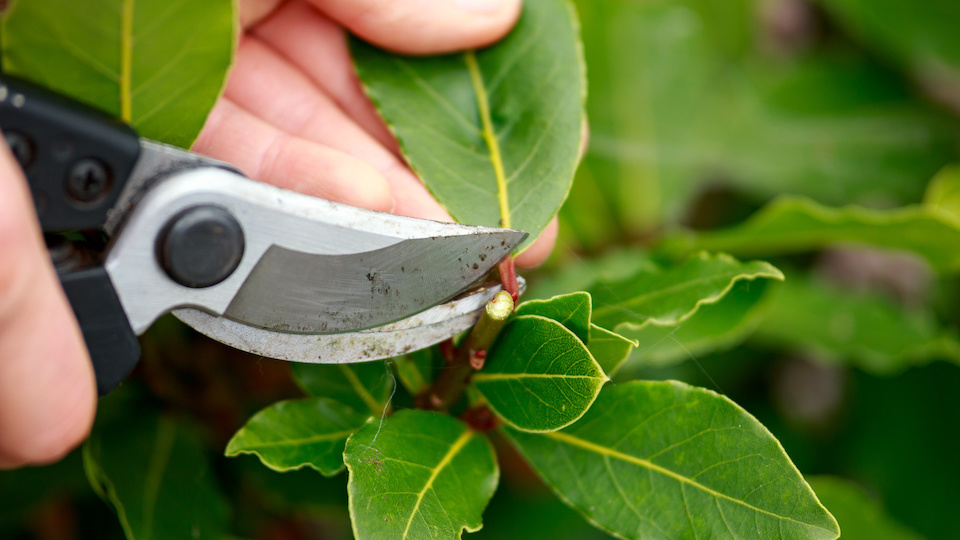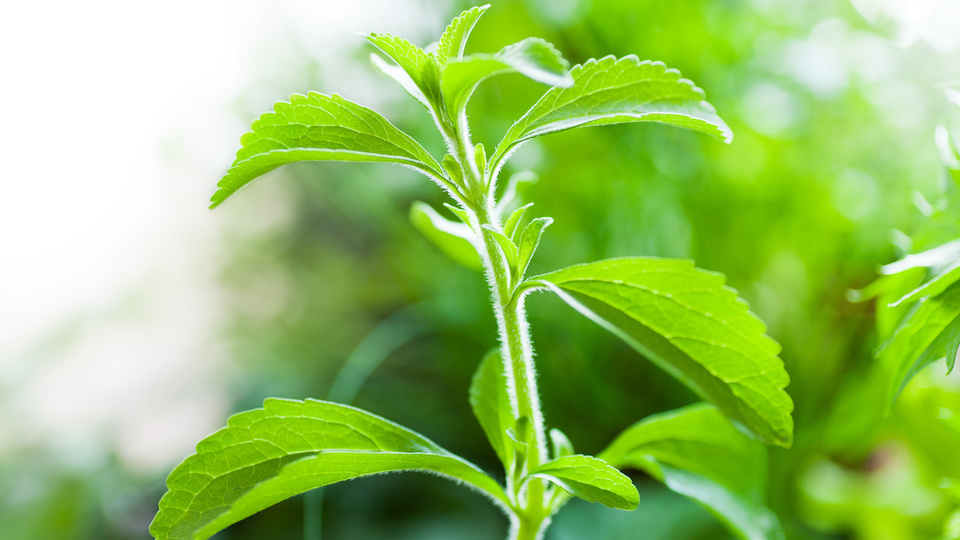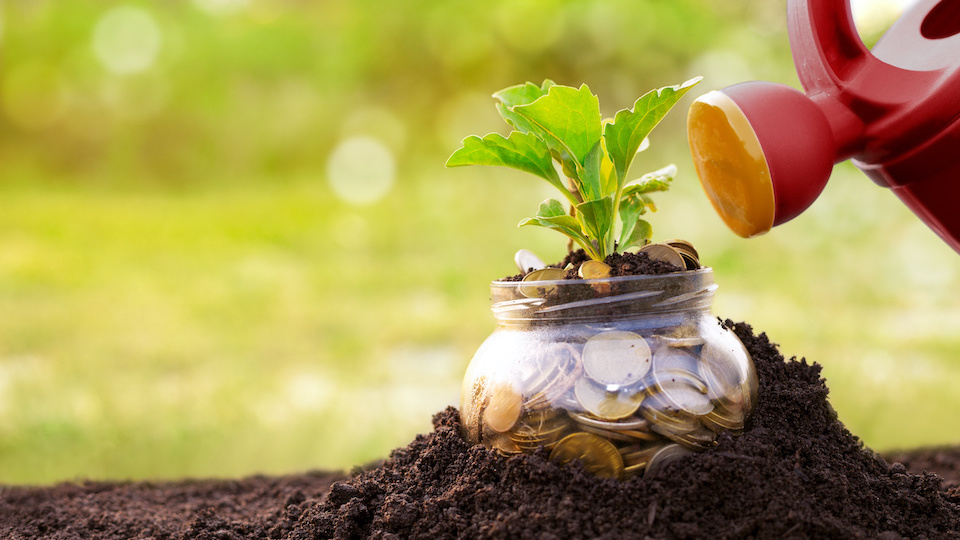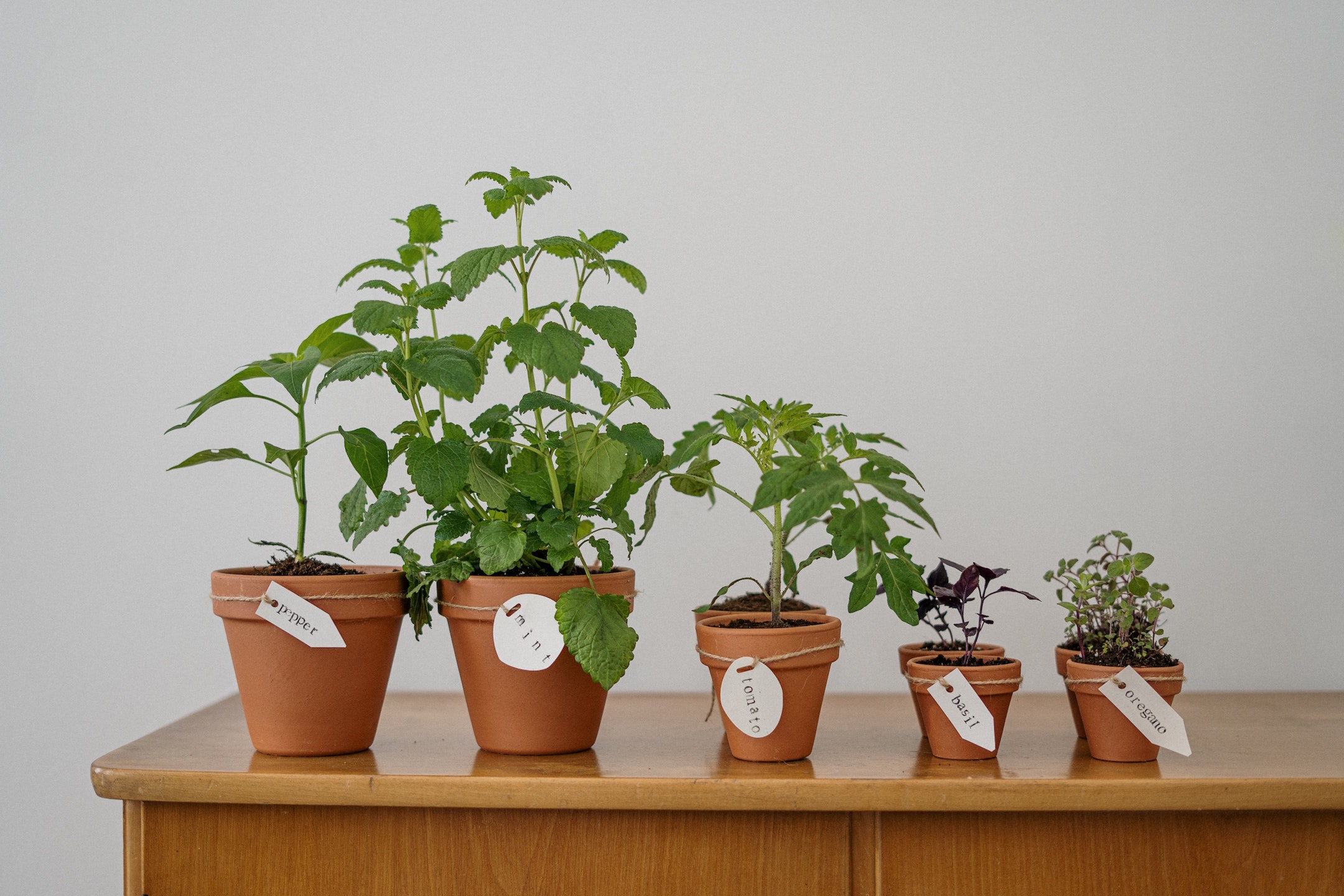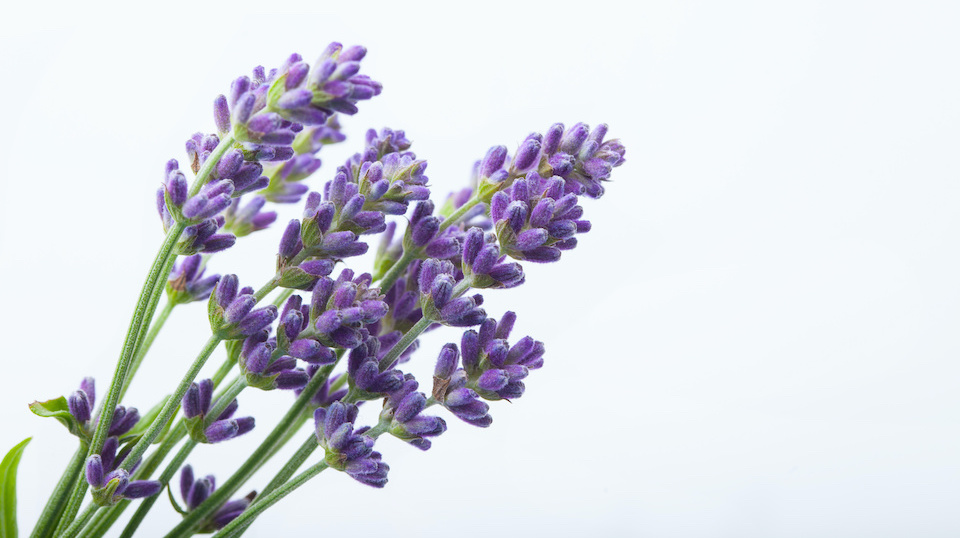These 3 Super Herbs Can Reduce Blood Pressure and More
Nearly half of all Americans have high blood pressure (also called hypertension), a preventable condition that is the number one risk factor for heart disease. Sadly, millions of people with this condition go undiagnosed. The good news is, numerous lifestyle changes can help prevent, manage, and even eliminate high blood pressure. Additionally, nature has provided relief for this condition as well. Let’s take a closer look at some easy-to-grow herbs that can be used to regulate blood pressure.



